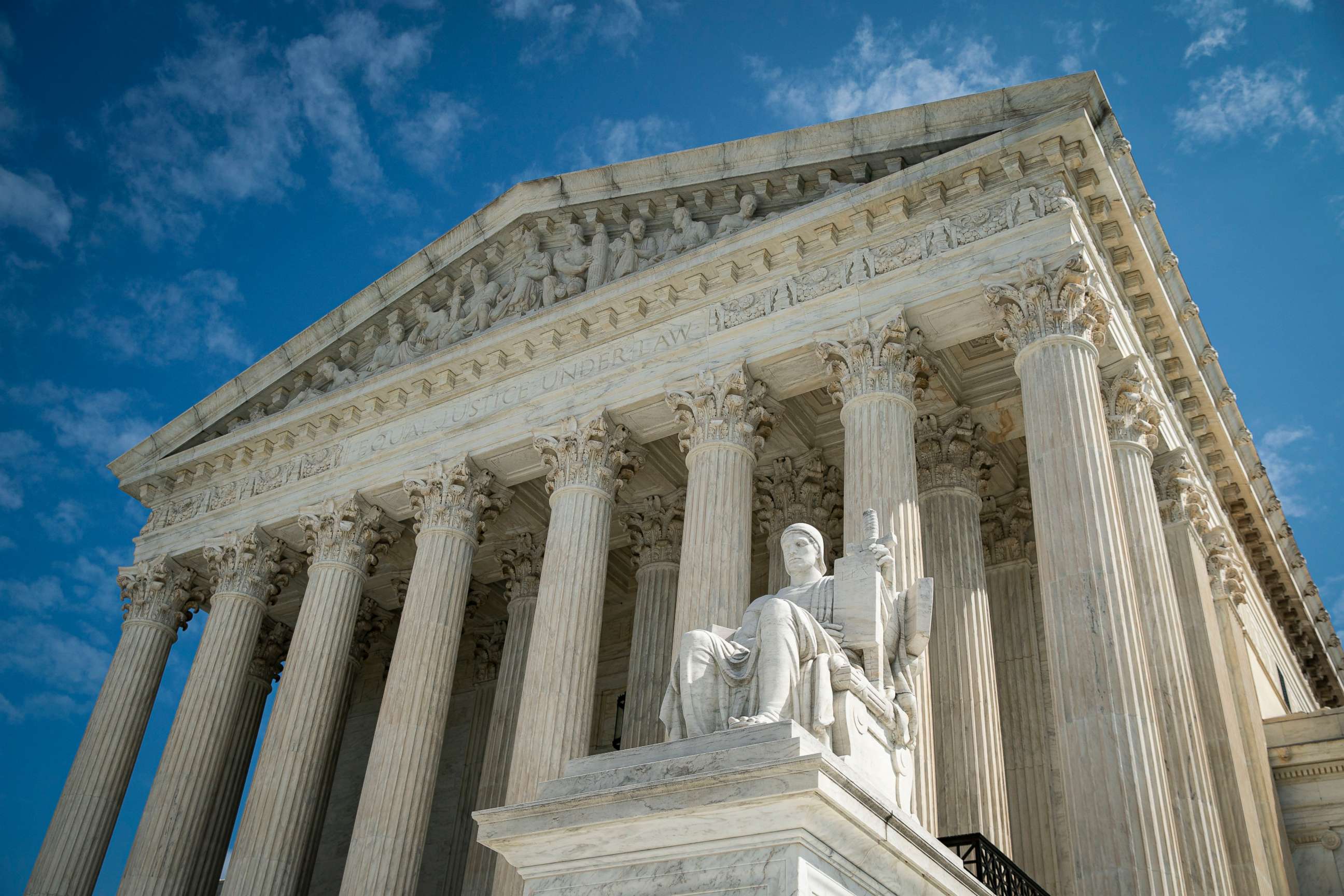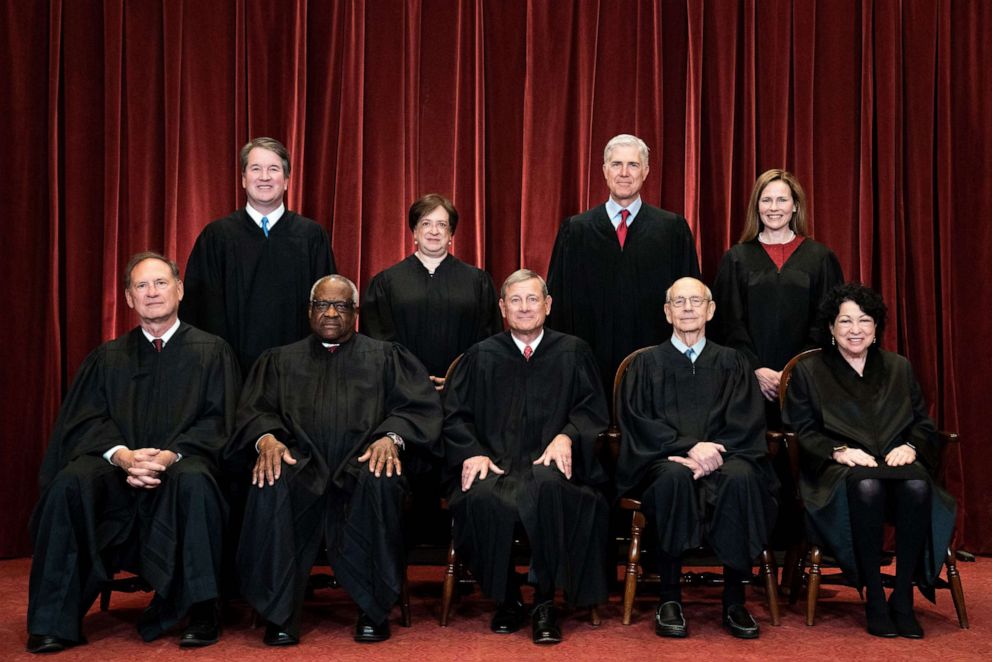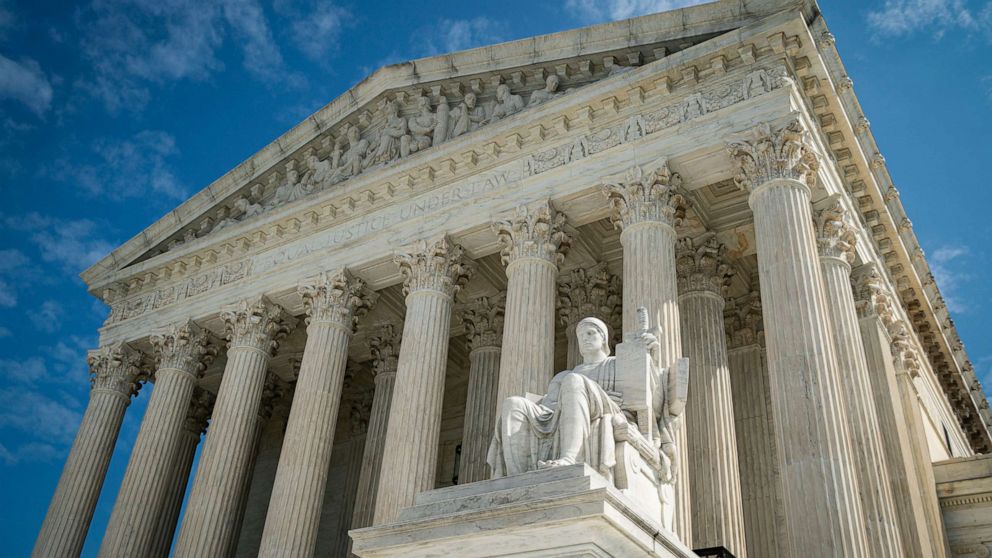Supreme Court to take up major abortion case that could undermine Roe v. Wade
The U.S. Supreme Court announced Monday it will take up an abortion rights case seen as a major challenge to Roe v. Wade and what would be the first direct test on the issue for the court's new conservative majority, including the three justices nominated by President Donald Trump.

The justices said Monday that next term they would hear Mississippi's appeal of lower court decisions striking down a state ban on all abortions after 15 weeks, with exception of medical emergencies or severe fetal abnormality.
The court said it would be considering the question of whether all pre-viability prohibitions on elective abortions are unconstitutional.
The case will likely be argued next fall and decided by June 2022.
The lone abortion clinic in Mississippi responded to the court's announcement calling the case a "strategy to eliminate abortion access entirely." Abortion remains legal in Mississippi and the ban will remain blocked as the Supreme Court reviews the case.
Diane Derzis, the owner of Jackson Women’s Health Organization, the sole abortion clinic in Mississippi, said in a statement what the ban could mean for her patients who she says she sees travel to the clinic.
"If this ban were to take effect, we would be forced to turn many of those patients away, and they would lose their right to abortion in this state. Mississippi politicians have created countless barriers for people trying to access abortion, intentionally pushing them later into pregnancy," Derzis said. "It’s all part of their strategy to eliminate abortion access entirely.”

According to the Center for Reproductive Rights, 12 other states have attempted to enact abortion bans at various points in pregnancy since 2019, and each ban that has been challenged has been subsequently struck down: Alabama; Arkansas; Georgia; Kentucky; Louisiana; Montana, Missouri; Ohio; Oklahoma, South Carolina, Tennessee; and Utah. Nancy Northup, the president and CEO of the Center for Reproductive Rights said that the consequences of a reversal would be "devastating" in a statement.
"Alarm bells are ringing loudly about the threat to reproductive rights," Northrup said. "The Supreme Court just agreed to review an abortion ban that unquestionably violates nearly 50 years of Supreme Court precedent and is a test case to overturn Roe v. Wade."
Abortion opponents were pleased.
"States should be allowed to craft laws that are in line with both public opinion on this issue as well as basic human compassion, instead of the extreme policy that Roe imposed," Jeanne Mancini, president of March for Life, said in a statement.




